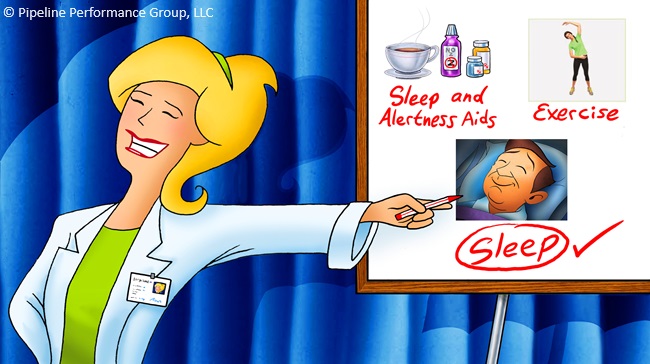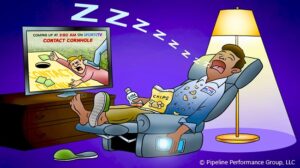After a wonderful day, playing outdoor games with the family and grilling our favorite foods for dinner, I grab a warm shower, put on my favorite pjs and lay down with a sense of peace, anticipating the great sleep I’m about to get. I turn off the light on my bedside table and close my eyes. Ten minutes later, my legs start to twitch, so I roll over. Ten more minutes later and my mouth is parched. Maybe I need a sip of water? No, I’ll just roll over (again!), close my eyes and try to go to sleep. Another thirty minutes pass and my eyes are wide open as I stare into the darkness. My mind races with all of the things I need to get done at work the next day. Did I remember to sign the permission slip for school? Did I mail the check for the property taxes? And doggonit…. I think I left the laundry in the washing machine… wet!
While I wish this crazy bedtime routine were unique to me, I know it is not. Most adults struggle with getting the sufficient quantity and quality of sleep needed daily. What are your strategies for getting the restorative sleep needed to combat your fatigue and eliminate your sleep debt?
While some rely on caffeine, naps and exercise to reduce the feeling of fatigue, the fatigue-fighting effects of these are typically temporary in nature. The only cure for fatigue is sleep. So, what can you do to help increase your chances of getting restful sleep at the end of the day? Here are just a few suggestions:
- Exercise at least 20 minutes daily but avoid exercising too close to bedtime since it can hinder your ability to sleep due to increased body temperature, heart rate and adrenaline.
- Limit caffeine in the hours leading up to bedtime. Caffeine at or near bedtime is associated with significant sleep disturbance. Some experts recommend limiting caffeine at least 6 hours prior to sleep.
- Avoid late meals. If your body is absorbing a big meal near bedtime, your muscles are wide awake working to digest and metabolize your food, which in turn can make it harder for you to fall asleep.
- Disconnect digital devices for at least 30 minutes prior to bedtime. TV, tablets and cell phones keep your brain wired even if you are indulging in “mindless” activities. Furthermore, the light from these devices can suppress your body’s natural production of melatonin which helps your body relax.
- Consider natural sleep aids. After consulting with your physician, you may find that adding a melatonin supplement, chamomile or minerals like magnesium to your bedtime routine can help relax your body and promote sleep.
- Plan ahead and schedule your sleep time. Most adults need 7 or more hours of sleep per night to support optimal health.
Sleep is a personal experience. What works for others may not work for you. Try different sleep preparation strategies and see what works best for you. Talk to your physician if you continue to struggle with sleep. Above all, remember that getting good sleep – quantity and quality – are the only cure for fatigue.
MANAGING FATIGUE EDUCATIONAL PROGRAM
Christina Via © 2024 Please Distribute to Others.




